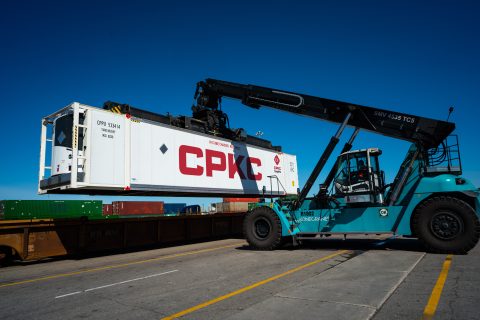Frankfurt-Mannheim railway: total closure between 1 and 22 January

The Riedbahn, the railway connecting Frankfurt with Mannheim, will be “fully closed to train traffic from 1-22 January”, Deutsche Bahn (DB) stated. The line is planned to undergo significant renovation over the next five months. The reason behind the three-week closure is that DB wants to avoid shutting down the line during the European Football Championship in the summer.
Other than the complete closure over the first three weeks of January, the line will be partially closed for the whole five months needed for the upgrade. The project will be divided into two phases, as DB highlighted. During the first one, efforts will be focussed along the Frankfurt-Biblis section, whereas the second one entails the upgrade of the Biblis-Mannheim stretch. However, it is not clear how these partial closures of the Riedbahn will be implemented.
Riedbahn upgrade will be more expensive than previously thought
Concerning the Riedbahn upgrade, DB has also updated its cost plan, which shows how the initiative is going to cost much more than initially thought. The total cost of these actions has been estimated at 1,3 billion euros, of which 1,1 will be secured through Germany’s federal budget. As German media Hessenscahu reported, this is more than double the initial plan, which envisioned expenses for 500 million euros. This line is significantly important for the German and European rail freight industry, as it is part of both the Rhine-Alpine and the Rhine-Danube TEN-T Corridors.
The new plan “includes converting the route to electronic interlocking technology”, DB pointed out. The main actions scheduled for the Riedbahn upgrade include “the renewal of around 120 kilometers of tracks, 150 switches, 140 kilometers of overhead lines as well as the complete control and safety technology”. Moreover, 15 kilometres of noise barriers will be implemented and 20 stations will be modernised. For these projects, DB recently awarded all the contracts for the construction work. The contracts were assigned to four companies involved in railway construction and engineering: Leonhard Weiss, Spitzke, Swietelsky Baugesellschaft, and Siemens Mobility.

Also read:




